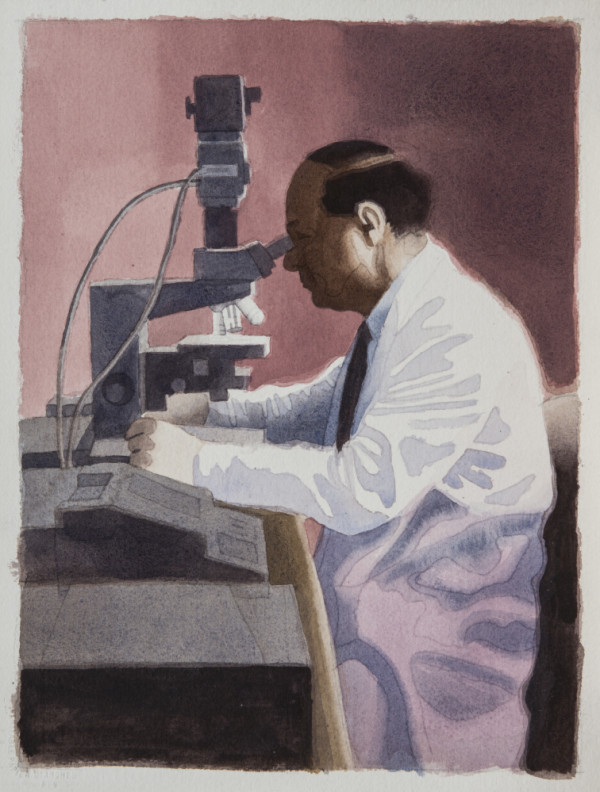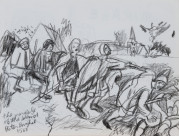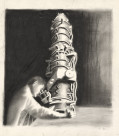The man of science searches for clues to a mysterious illness. Research drives practice so it is an important area of the cancer story, but Robert refuses to glamorize it. If anything, there is a faint hint that the technology of microscopes and scanners, great as they are, are not the heroes of this story.
In a lecture for the LCHF World Summit, Sept. 7, 2015, Dr. Gary Fettke, Orthopaedic Surgeon and professor at the University of Tasmania in Australia, stated: “We’re told that cancer is a chromosomal abnormality. It’s damage to our genetic material. That’s what we’ve been taught. What happens if the chromosomal damage we actually see is just a marker of cancer and not actually the cause? What if the chromosomal model of cancer is actually wrong? Have we been travelling the wrong road for the last 90 years? So I’m going to blame the microscope. I think it’s distracted us.” Fettke goes on to remark on a 2010 breakthrough in the observation of fructose’s metabolism into small LDLs within individual cells. This observation was assisted by microscopes. The conclusion seems to be that research tools can mislead or lead to breakthroughs, depending on the skill, intelligence and training of the operator.


